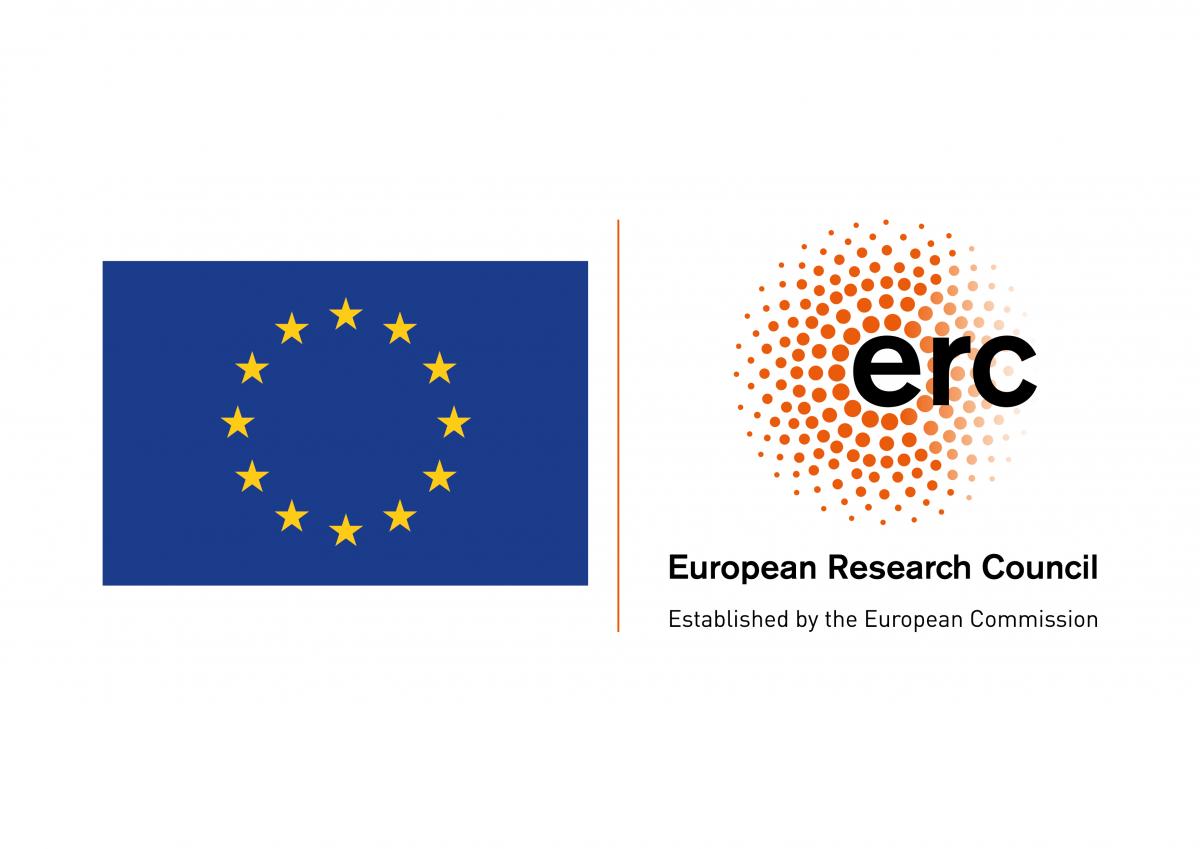
Covid-19 and responses by international organizations
The liberal international order is being challenged and international organizations (IOs) are a main target of contestation. Covid-19 seems to exacerbate the situation with many states pursuing domestic strategies at the expense of multilateral cooperation. At the same time, IOs…

NestIOr at 18 months
The NestIOr project on the decline and death of international organizations started in January 2019. Now at 18 months, the European Research Council requires us to submit our first financial report. Just before the summer break, it is however also…

ERC Project Kick-Off Workshop
We organized the first project workshop on the decline and death of international organizations in Brussels on 9-10 January 2020. The location was Maastricht University Brussels Campus, Avenue de Tervueren 153, 1150 Brussels. Many IOs are currently under significant pressure resulting in…

Paper at workshop ETH Zurich
Maria Debre and Hylke Dijkstra presented a first draft of “Institutional design for a post liberal order: Why some international organizations live longer than others” at a workshop organised at ETH Zurich on International Organization Dissolution, 17-18 June 2019. The workshop was…

Why some international organisations lose their legitimacy
How is it possible that international organisations at a certain point lose some of their competences or even are abolished by member states? Dr Hylke Dijkstra, director of the European Studies master’s programme at Maastricht University, plans to research this…

Start of the project
NestIOr has now officially started on 1 January 2019. It will last for five years until 31 December 2023. The first six months of the project will be used for conceptual development, updating existing datasets, and recruiting 3 PhD candidates….



